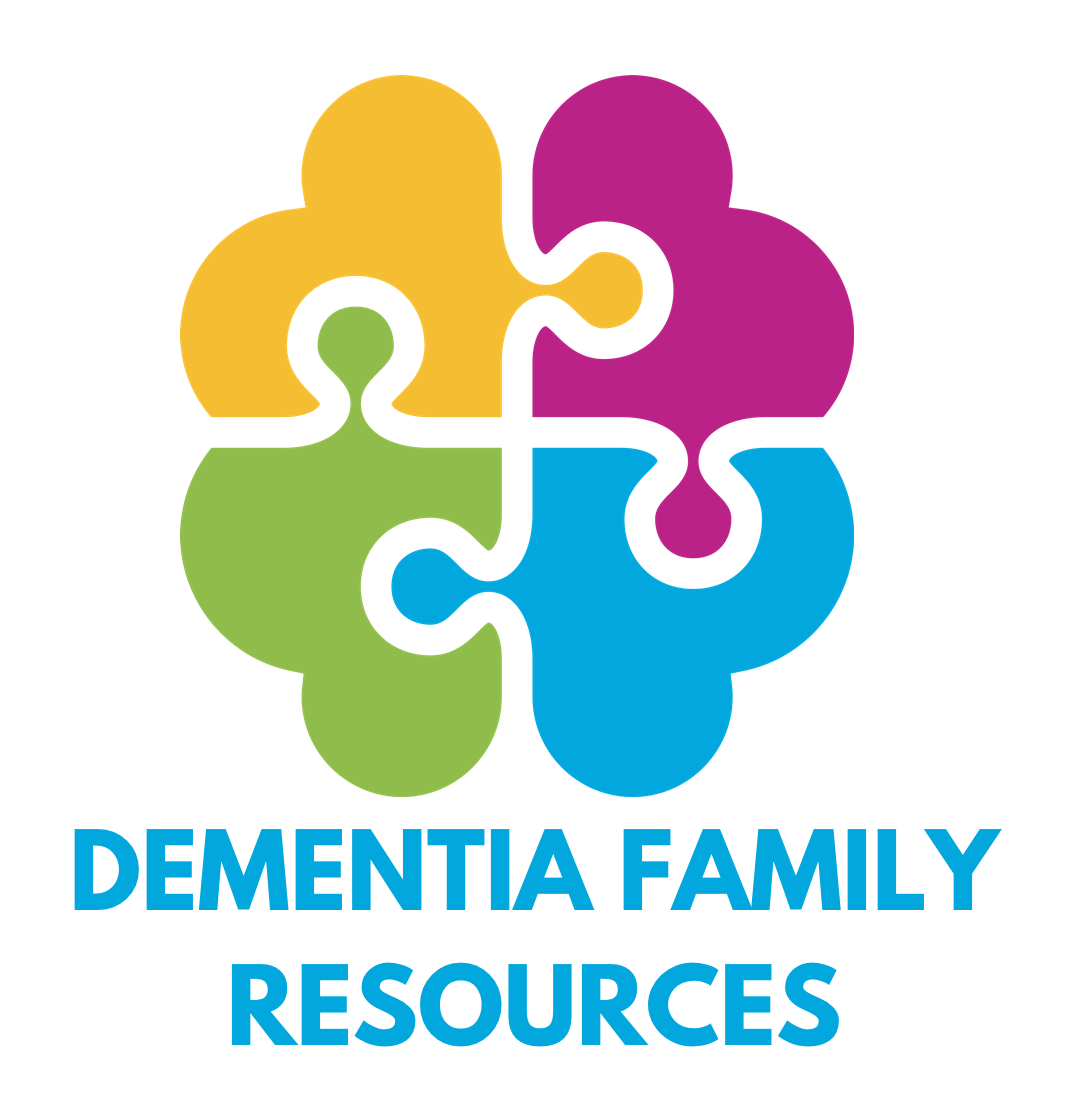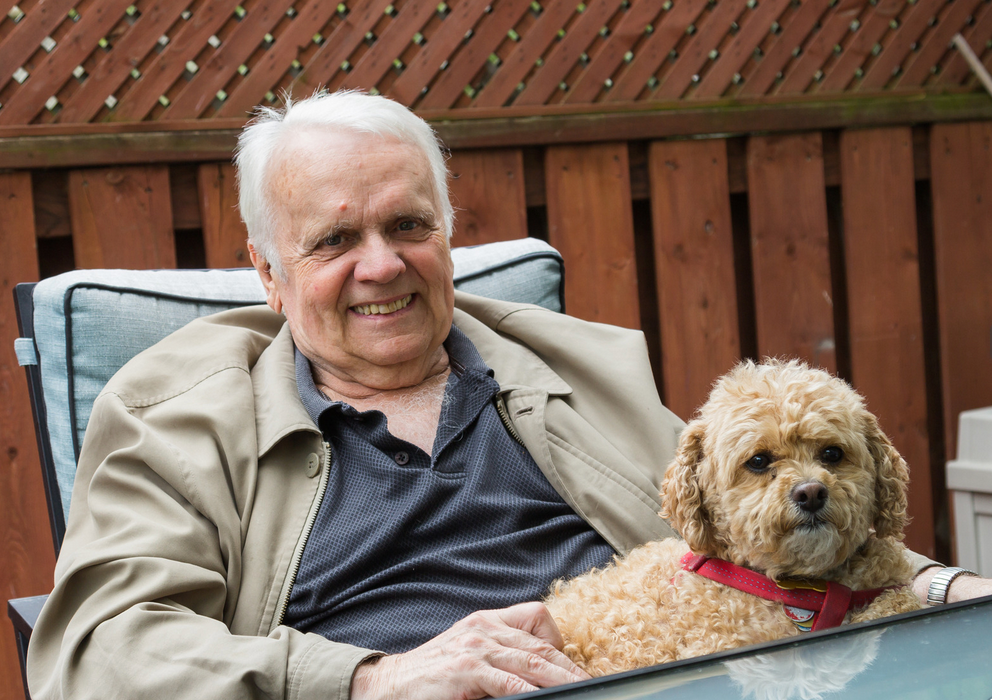
Contact Us
We will get back to you as soon as possible
Please try again later
Information About Vascular Dementia
Information About Vascular Dementia
Vascular Dementia is a common type of dementia caused by reduced blood flow to the brain, typically due to a stroke or transient ischemic attack (TIA). Its symptoms may vary based on the severity and the location of the brain affected by the lack of blood flow. Early signs often include difficulties with problem-solving or focused thinking, trouble with understanding or producing speech, and mild coordination problems. As the condition progresses, symptoms can become more severe and might include memory loss, disorientation, and increased confusion.
Treatment for Vascular Dementia largely focuses on managing the underlying conditions that are causing the problem, such as controlling high blood pressure or preventing further strokes. This could involve medications to manage these conditions, as well as lifestyle modifications like a healthy diet, regular exercise, and quitting smoking. Additionally, therapies may be used to manage symptoms of the condition, such as cognitive therapy or occupational therapy. While Vascular Dementia is a progressive disease and cannot be reversed, these treatments can significantly slow its progression and help manage symptoms to improve quality of life.
In addition to medical treatment, it is also important for individuals with Vascular Dementia to have a strong support system. This can include family members, caregivers, and healthcare professionals who can provide emotional support and assist with daily tasks as needed. It is also crucial for loved ones to educate themselves about the condition and its effects to better understand and support their loved one. Support groups and online communities can also be valuable resources for both those living with Vascular Dementia and their caregivers, allowing for shared experiences and advice.
It is important to note that while Vascular Dementia is a serious condition, there are ways to manage its symptoms and improve quality of life. With proper medical treatment, healthy lifestyle choices, and a strong support system, individuals with Vascular Dementia can continue to live fulfilling and meaningful lives. Additionally, ongoing research is being conducted to better understand the condition and develop new treatments, giving hope for improved outcomes in the future.
Vascular Dementia is a complex disease that requires a multidisciplinary approach to treatment and management. While there is currently no cure, early diagnosis, and proper management can significantly improve outcomes and quality of life for individuals with the condition. With continued research and support, there is hope for improved treatments and ultimately, a cure for Vascular Dementia in the future. As we continue to learn more about this condition, it is important to raise awareness and reduce the stigma surrounding dementia. Through education, advocacy, and support, we can work towards a future where those living with Vascular Dementia receive the care and understanding they deserve. Remember, no one should face this difficult journey alone. So, let's come together and support each other in the fight against Vascular Dementia.
It is also important to prioritize self-care for caregivers and loved ones of individuals with Vascular Dementia. The demands and challenges of caring for someone with this condition can be overwhelming, and it is crucial to take breaks, seek support, and prioritize one's own physical and mental health. Seeking out caregiver support groups or therapy can also provide valuable resources and coping strategies for managing the emotional toll of caring for a loved one with Vascular Dementia.
In addition to traditional medical treatments, alternative therapies such as music therapy, art therapy, and animal-assisted therapy have shown promise in improving symptoms and quality of life for individuals with Vascular Dementia. These non-pharmacological interventions can also provide a sense of purpose and connection for those living with the condition.
Ultimately, while Vascular Dementia may be a daunting disease to face, it is important to remember that there is still hope for improved treatments and a brighter future. With continued research, support, and advocacy efforts, we can work towards finding a cure for Vascular Dementia and providing better care for those affected by it. Let's continue to spread awareness and support each other in the fight against this debilitating condition. Together, we can make a difference. So, let's keep working towards a world without Vascular Dementia. Let's keep fighting for better treatments, support, and understanding. And most importantly, let's never give up hope.
Now more than ever, it is important to prioritize brain health and take steps to prevent conditions like Vascular Dementia. This includes maintaining a healthy diet, engaging in regular physical activity, managing stress levels, and staying socially connected. It is also crucial to monitor and manage any existing health conditions, such as diabetes or high blood pressure, which can increase the risk of developing Vascular Dementia.
Furthermore, being informed about the signs and symptoms of Vascular Dementia is essential in early detection and treatment. Educating ourselves and others about the disease can help reduce stigma and improve support for those living with it. Additionally, seeking out support groups and resources can provide valuable information and a sense of community for caregivers and individuals with Vascular Dementia.









